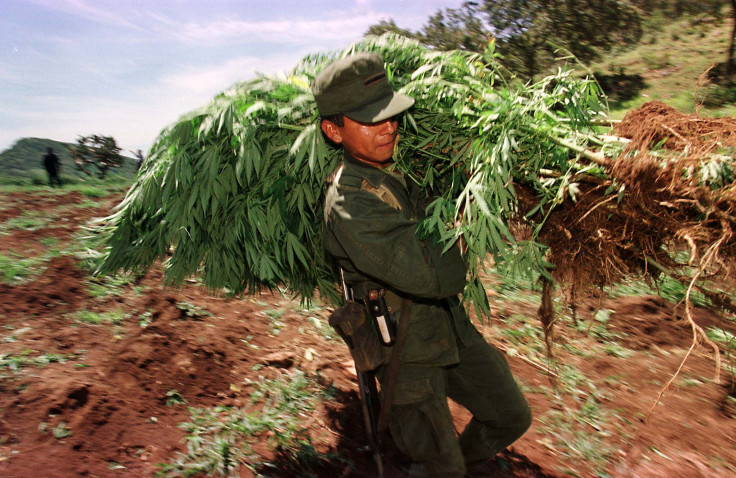
Mexican president Enrique Peña Nieto told Spanish newspaper El Pais in an interview last week that while he did not personally believe that marijuana should be legalized -- citing the “gateway” myth as reason for his opposition -- he also saw US-sponsored drug policies in Latin America as “failed” and pointed to inconsistent US laws at the federal and state levels in calling for a review of policies. “I think that this is an issue of inconsistency, of incongruence, and it’s a policy which obviously has to be reviewed,” he said. “The determinations made on this policy have to be hemispheric.”
“The US has a key role to play in this,” the Mexican president went on. “It would seem that it hasn’t tried to take the bull by the horns, so to speak. But it will have to do so ... Today, although it’s more or less illegal and prohibited, we see that in various countries, it’s not so illegal. We see that within the region, in Uruguay, it’s been approved. We see that that hasn’t had any effect on diplomatic relations, on the order of the universe, either.”
While later insisting that he opposed marijuana legalization as a matter of “personal conviction,” Peña Nieto also said that he believed a “debate should be opened up” on the issue, and pointed to growing efforts on the part of Mexican lawmakers to modify marijuana laws. Lawmakers in Mexico City introduced legislation in February which would legalize the possession of up to five grams of pot in the capital. That quantity was decriminalized across Mexico as of 2009, though police can still detain people possessing up to 5 grams (or up to 500 milligrams of cocaine and much smaller amounts of heroin and methamphetamines) and force them to undergo addiction-treatment programs.
© 2025 Latin Times. All rights reserved. Do not reproduce without permission.




